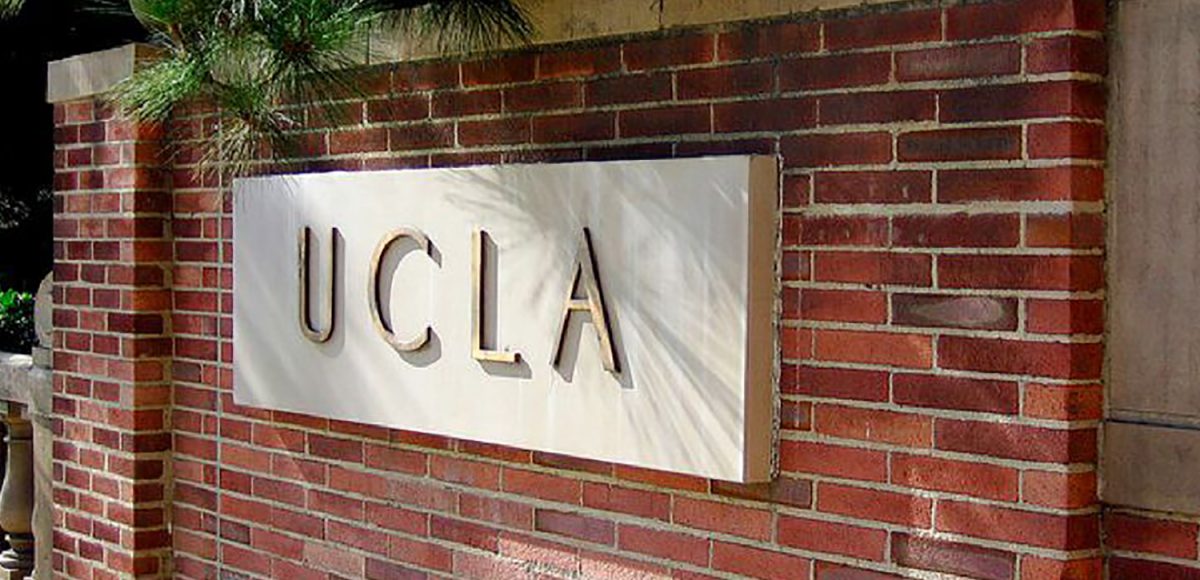This week a federal judge ordered UCLA to submit a court enforceable plan to protect Jewish students and ensure equal access to campus should further protests erupt this fall.
This is the latest development in a lawsuit filed by three Jewish UCLA students against the UC Regents in June. In the complaint, the plaintiffs allege that the encampment pro-Palestine protesters established in April led to the harassment of Jewish students and blocked their access to class.
UCLA and the plaintiffs now have until Aug. 5 to come up with a plan to submit to District Judge Mark C. Scarsi, per a directive issued by Scarsi during a court hearing on Monday.
“UCLA tried to force me to choose between being a student or being a Jew,” said Yitzchok Frankel, a rising third-year law student at UCLA in a statement on the court order. “I appreciate the chance to have my day in court, and I look forward to being able to return to campus safely next month.”
Frankel is one of three plaintiffs in the case alongside fellow UCLA law students Joshua Ghayoum and Eden Shemuelian.
“It’s disgusting that a prestigious American university would aid and abet antisemitic agitators who harass and segregate Jewish students,” said Mark Rienzi, president of the Becket Fund for Religious Liberty and an attorney for the students. “UCLA’s behavior needs to change, and we look forward to working out an appropriate plan that protects Jewish students on campus.”
In a statement responding to the court order, UCLA Vice Chancellor of Strategic Communications Mary Osako said the school is committed to maintaining an inclusive campus and combating antisemitism.
“We have applied lessons learned from this spring’s protests and continue to work to foster a campus culture where everyone feels welcome and free from intimidation, discrimination and harassment,” she said.
In addition to the court-ordered plan, UC President Michael Drake is currently working on a systemwide policy for handling free speech and protest on campus.
State lawmakers are withholding $25 million in funding until the report is completed by its Oct. 1 deadline. UC Regent Rich Leib told the LA Times he was “confident that encampments won’t be tolerated,” under this new policy.
Last semester pro-Palestine encampments were established at all 10 UC campuses, the largest of which took place on UCLA’s Royce Quad.
The lawsuit alleged that UCLA was complicit in blocking Jewish students’ access to class by establishing metal barriers around the encampment and hiring private security that permitted protesters, but no one else, to enter and exit the encampment zone.
“With the knowledge and acquiescence of UCLA officials, the activists enforced what was effectively a ‘Jew Exclusion Zone,’ segregating Jewish students and preventing them from accessing the heart of campus,” states the plaintiffs’ complaint.
The UC Regents’ lead attorney Mattew Cowan, however, argued that it was students, not security guards, determining access to the encampment zone and that the metal barriers were erected to prevent the encampment from expanding further.
Cowan said that the school is taking all steps necessary to ensure safety and inclusion this fall.
“UCLA has been taking comprehensive action to minimize protest-related disruptions on its campus, and has significantly strengthened its capacity to respond to protest activity,” stated Cowan in written opposition to plaintiffs’ motion for preliminary injunction. “Even if similar protest activity surfaces on campus again in the fall—itself an uncertainty—UCLA is prepared to take decisive steps to help guard the safety of its community and to preserve access to education for all of its students.”







